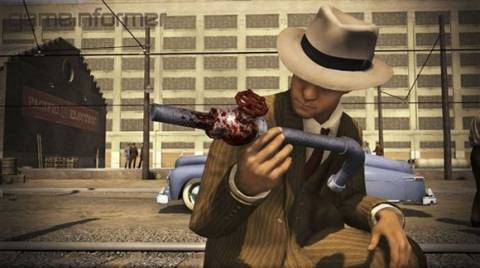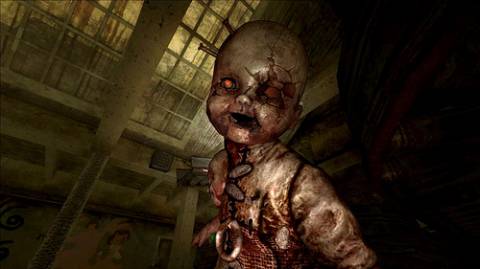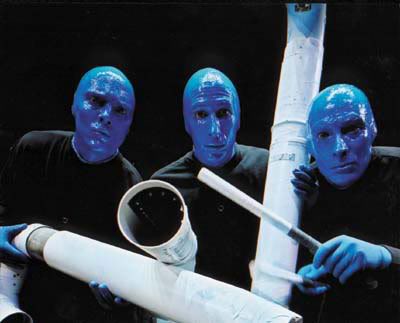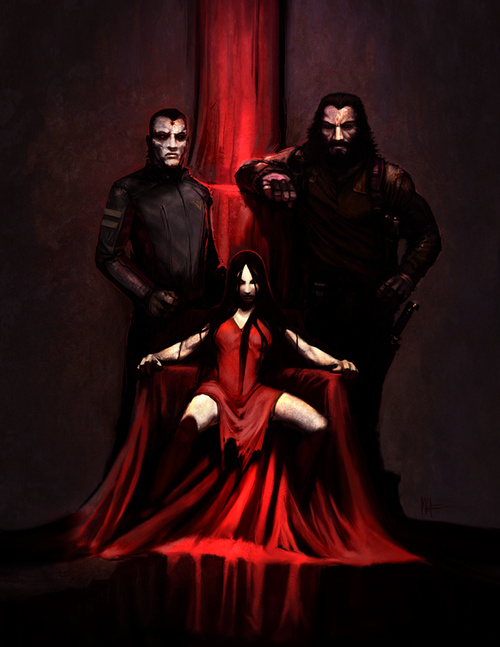How much should we know about our characters?
By Shane394 1 Comments
SPOILERS FOR LA NOIRE, RED DEAD REDEMPTION AND GTA IV
Recently, I was forced to turn in my gun and my badge. Or, rather, Cole Phelps was forced to turn in his gun and his badge for having an affair with a German morphine junkie. Not many games have touched on adultery with such maturity before, and it's refreshing to see a developer explore uncharted territory. While there are issues that can be taken with this, such as how the player has no actual input on the relationship, the big issue I take with it is that you do not know that this is happening, and you play as the person having the affair. When you play L.A. Noire, you play as Cole Phelps, you should be able to know his wants, needs and flaws. While he seems like a stereotypical, justice craving hero, there is much more to his character.
And the player isn't allowed to see it.
You see Cole's wife ONE TIME in the game, just seconds after it begins, and the next time you see her is when she is packing up and leaving. And while Cole is a pretty big asshole to his wife for doing what he did, the player is left wondering why they should care. His wife says things like “Think about the children, think about what you are doing to them!” but we've never seen the children before. In fact, I had forgotten he had children because Cole just kind of mentions it to Galloway in the car one time. Something like “I have kids. That might be important later in the story. Maybe.” So when disaster strikes in the home, the characters act like it is a big deal, but because these are brand new characters whom we've barely seen before, it doesn't pack the emotional punch it seems like it is reaching for. Seeing more of Cole's wife and children before the affair would make that moment so much more effective. We would view Cole as a real douche, rather than left wondering “What? Why?” Expansion on his relationship with the German girl (Whatever her name is) beyond cutscenes of Cole sitting at the Blue Room could help too.
Similarly, You spend the majority of Red Dead Redemption in search for your family. John Marston tells almost every person in the game “The only reason I'm working with the government is because they have my family,” gaining their support with his sob story. However, because the player doesn't see Marston's family for the majority of the game, it seems to beg the player to wonder if he is actually telling the truth. I was convinced that John was working for the government the whole time, that his family didn't really exist. And while this may sound ridiculous, John doesn't see his family until his mission is over, leaving the player plenty of time to wonder whether they really believe John Marston or not.
I'm not saying that every video game character needs the same treatment. We don't need to know what Gordon Freeman's childhood was like or where Master Chief gets his haircut. While these things may help the audience understand a character, they aren't crucial to the plot. A good example of something like this is Grand Theft Auto IV. That game is very much Niko's story, and at the beginning of the game we learn that he's done some pretty messed up stuff in the past. He conveys that through his dialogue and behavior. We understand that he had a bad past, even though he does not go in to detail about it. While his initial mission is to find a man who wronged him in his past, he quickly gets overwhelmed with a whole host of new problems, so when he finally finds the man he was looking for, it isn't a big deal anymore. And that's exactly how the player feels. They know Niko has a beef with this guy but understand that there are bigger fish to fry at the moment.
Spoiler Free Quick Summary:
Story critical information should not be hidden from the player. And every Rockstar game has the exact same story.






Log in to comment